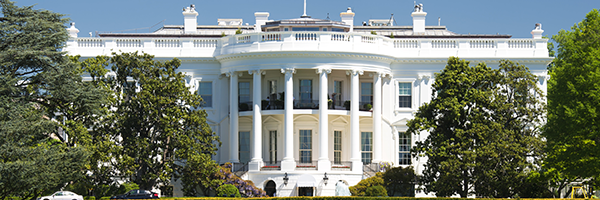Now he tells us.
In a pair of late-night tweets yesterday, President Donald Trump threatened to veto the annual defense bill authorizing nearly $1 trillion in military spending unless Congress opens the door for Facebook, Twitter and other social-media sites to be held legally liable for the way they police their platforms.
An actual veto–and maybe even the threat of a veto–of the defense authorization bill would scuttle all attempts to put together an actual spending authorization bill to fund the federal government after the current stop-gap measure expires on December 11. That’s because Senate Majority Leader Mitch McConnell apparently–at least according to Republican Senator James Inhofe of Oklahoma–has a policy against putting bills on the floor in the Senate for a vote when the President has made a veto threat.
The President’s tweets, then, could result in Congress falling back on another stop-gap funding measure to keep the government open after December 11. Such s stop-gap, like the current version, would simply continue spending at current levels–so no extra money for anything. (You know like a coronavirus pandemic or vaccine distribution.)
Trump’s tweets called for the Section 230, a decades-old law that says a wide variety of Internet site and services can’t be held liable for content posted by their users. If the “very dangerous & unfair Section 230 is not completely terminated as part of the National Defense Authorization Act (NDAA),” Trump tweeted, “I will be forced to unequivocally VETO the Bill when sent to the very beautiful Resolute desk.”
There’s a developing consensus that the protections are outdated, but there’s no agreement on how they should be revised. The President and many conservatives feel that Facebook, Google, Twitter and other Internet giants should be penalized for exhibiting systemic political bias against conservatives—a charge that tech giants have denied. Earlier this year, the president signed an executive order that sought to give the government vast new powers to police political speech on the Internet. That executive order has been challenged in court over its constitutionality.
Given the policy disagreements on how to change Section 230, there’s just about no chance that writing a replacement could take place before the government runs out of money.
Stop-gap funding seems ever more likely.


